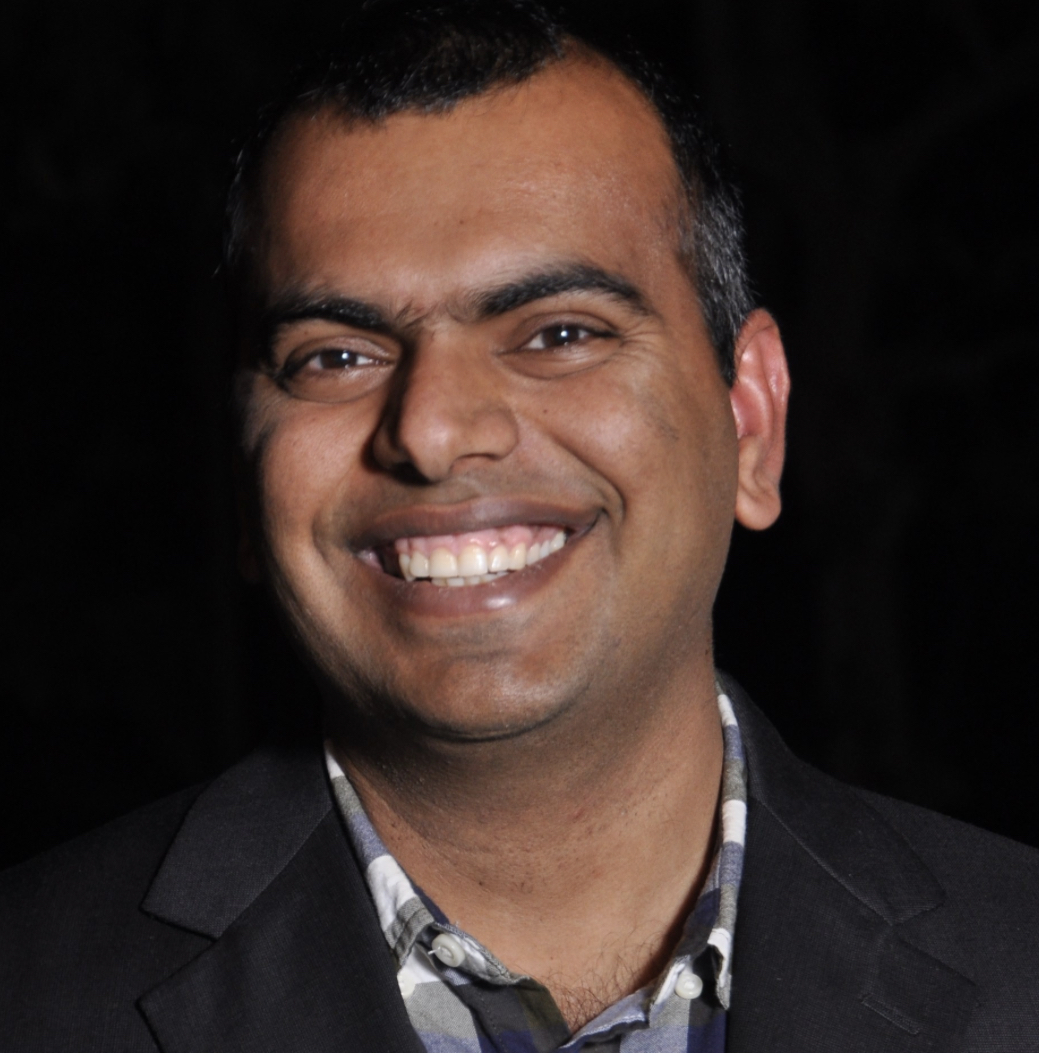Past Event: Oden Institute Seminar
Harbir Antil, Director of the Center for Mathematics and Artificial Intelligence and Professor at George Mason University
3:30 – 5PM
Thursday Jan 18, 2024
POB 6.304 & Zoom
Due to recent algorithmic developments and advancements in computing resources, the field of Mathematical Opportunities in Digital Twins (DTs) is starting to emerge. Data from sensors located on a physical system is fed into its DT which in-turn assists humans to make decisions about the physical system. This cycle then continues for the life-time of the physical system. Typical examples are bridges, cranes, and human organs. The underlying mathematical problems can be extremely expensive, for instance, the algorithms should be able to handle large-scale data, algorithms should be tuned to the underlying physics which is often infinite dimensional and they should be adaptive in nature and should be able to handle inexactness.
This talk begins by discussing the role of AI/ML and optimization problems with PDE constraints (PDECO) in DTs. At first, a specific example of permeability optimization will be discussed in detail. Notice that, the aforementioned decisions must be made while accounting for the underlying uncertainties. In this vein, a risk-averse optimization based framework will be developed next. However, there could be ambiguity in the type of underlying uncertainty (distribution) , for this purpose the notion of `Optimistic Optimization’ will be introduced.
Subsequently, the talk will focus on an inexact adaptive and provably convergent semi-smooth Newton method for general-purpose optimization problems. In particular, optimization problems under uncertainty and dynamic optimization problems, which are known to be highly expensive, are the focus. A memory-efficient reduced-order modeling approach based on randomized matrix sketching is introduced.
Several realistic examples will be considered throughout, for instance, identifying weakness in structures such as cranes and bridges. A new mathematical notion of imaging, i.e., neuromorphic imaging will also be introduced.
Harbir Antil is the Founder and Director of the Center for Mathematics and Artificial Intelligence and a Professor of Mathematics at George Mason University. His areas of interest include optimization, calculus of variations, partial differential equations, numerical analysis, and scientific machine learning.
He received his Ph.D. from the University of Houston and spent time as a postdoc at Rice University and the University of Maryland, College Park.
His research is supported by the National Science Foundation, Air Force Office of Scientific Research, Office of Naval Research, Defense Advanced Research Projects Agency, Defense Threat Reduction Agency, Department of Energy, and the Department of Navy. He is a member of the Intelligence Science and Technology Experts Group at the National Academy of Sciences. He is also the President of SIAM Washington DC - Baltimore Section. He is on the editorial board of journals such as SIAM Reviews, SIAM J. of Sci. Comp., Journal of Optimization Theory and Applications, and he is the Editor-in-Chief of Advances in Continuous and Discrete Models.
